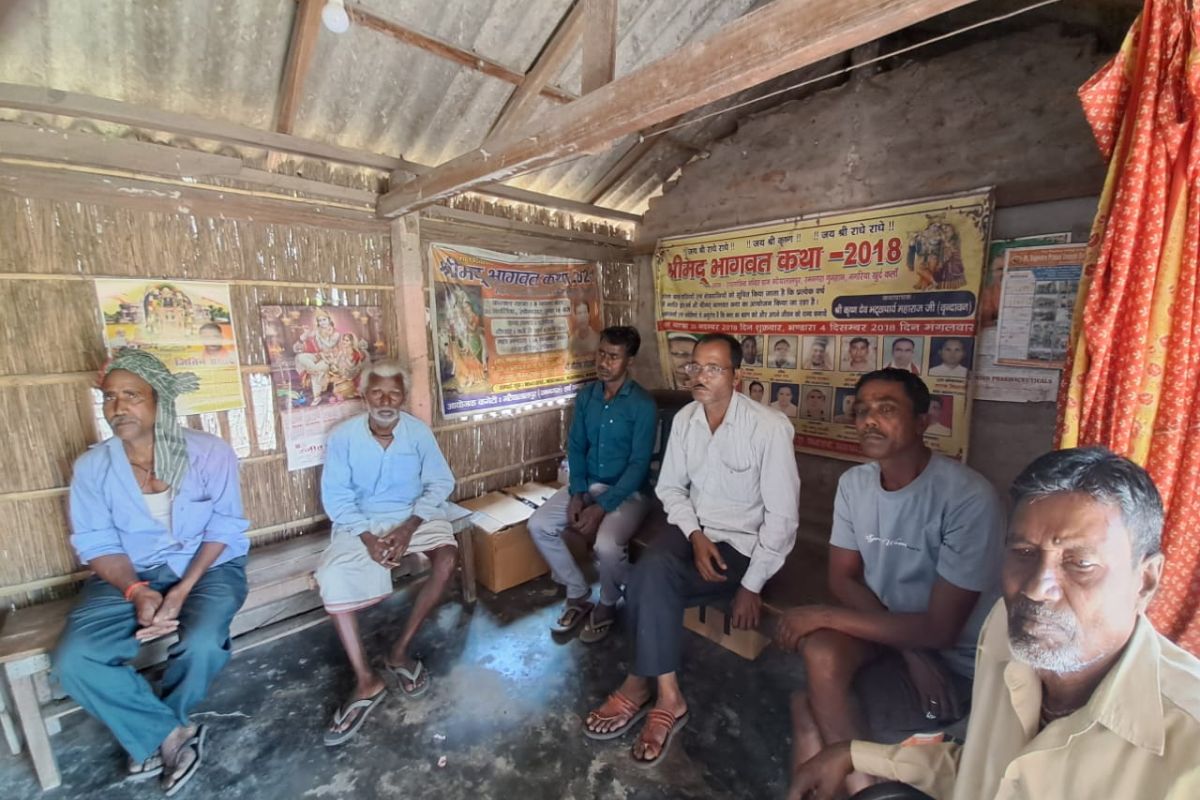A big chunk of Hindu population, with over 75,000 ‘Bangladeshis’ (from East Pakistan) residing mostly on the banks of Sharda river dam here, is eagerly waiting for June 4, when they expect Prime Minister Narendra Modi to return to power for the third time after the counting for general election takes place. With this, they expect a full-fledged implementation of the Citizenship Amendment Act (CAA) in the country.
These Bangladeshis, who came to Pilibhit before 1971, are facing several problems and no respite is seen before the announcement of the CAA.
Advertisement
The CAA removes barriers for acquiring Indian citizenship for Hindus, Sikhs, Buddhists, Jains, Parsis and Christians from the neighbouring countries of Afghanistan, Bangladesh and Pakistan who arrived in India on or before 31 December 2014.
Now, queues of people are seen in front of the makeshift cyber cafe in 10 Gram panchayats of Puranpur tehsil , where these Bengali-speaking people are submitting their online forms on the portal to get citizenship rights.
This migrant population is all praises for PM Modi for bringing in the CAA to solve their problems, and they have resolved to support the BJP in the Lok Sabha elections.
The people of Ramnagra Panchayat, which has a 6,000-strong Bengali population, complained that police and government officials harass their children who were born in Pilibhit, and are denying them approval to obtain passports or mutations of their land.
UP PWD Minister and BJP candidate from Pilibhit, Jitin Prasada, too accepted that these Bangladeshi migrants have several problems and he assured that after the enactment of the CAA, everything should be alright.
The minister, whose great-grandmother Sudakshina Devi was Ravindranath Tagore’s niece, promised that PM Modi has taken these steps to give these migrants permanent citizenship of the country.
When ‘The Statesman’ reporter visited this area, about 40 km from Pilibhit city and adjoining the Tiger Reserve, the villages were decked up and reflected the essence of Bengali culture with amenities including Kalibari, Bengali hotels and sweet shops.
Harashit Mahato, 78, says that he came to Pilibhit 28 years ago, and his children grew up here only. “But we have several problems and no one to hear our grievances. Now, fortunately, PM Modi has given us the CAA weapon, which will certainly end our woes and help our children lead a better life,” he said.
There are 10 gram panchayats — Kundannagar, Bidhipur, Najaulia Natka, Gabia, Maharajpur, Nagoria Lalpur, Ramnagra, Sela and Dhuria — all situated on the banks of Sharda Sagar dam. The population moved there in 1989 when their land was inundated by river Sharda, and now the irrigation department has asked them to vacate the area.
Mukund Biswas, 48, who runs a medical clinic, says most of the natives here came from Jessore, Khulna, Faridpur, Dacca, and Barishal districts of erstwhile East Pakistan during the 1971 war.
”But the big problem is that the government and police term us illegal migrants, and even after staying in India for over 53 years , we live in fear of being thrown out of the country,” Biswas, a non-certified medical practitioner, said while attending to his patients.
Twenty Four-year old Deepanker Mistri, who runs a cyber cafe, told this reporter that there were long queues of people submitting online forms of the CAA on the portal.
“There are several anomalies on the portal, even after several rectifications, forms were getting rejected. The portal is demanding several documents that people don’t have,” he said.
The migrants first have to submit the CAA form online and keep the hard copy with them to present it before government officials when they personally come for inspection. Though the portal charges just Rs 55 per form, the people have to shell out around Rs 500 for online submission of the form.
There is also an interesting case of Subal Das, 80, who migrated from 24 North Parganas of West Bengal in 1970. But they too are treated like Bangladeshis and were forced to submit CAA forms.
Subal’s son Sameer, who runs a Bengali sweet shop in the market of Ramnagra village, says they have all documents but sometimes they are denied voting rights after their names were deleted from electoral rolls.
“ It is strange that we are bonafide citizens of India and have all the documents of West Bengal, but still we are treated as Bangladeshis and forced to fill up CAA forms,” he said, blaming the police and local officials for minting money for valid benefits.
One Vishnu Mandal says that several thousand Bangladeshis were also residing in the Nanpara area of the Bahraich district of UP. There are also thousands of Hindu migrants in Khatima, Uttarakhand.











